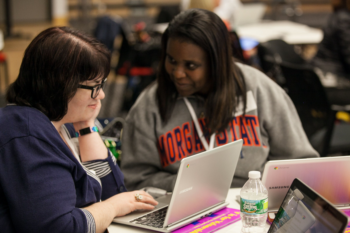 Embrace and Learn from Mistakes and Challenges
Embrace and Learn from Mistakes and Challenges
by Erik Youngman, Guest Blogger
Regardless of your children’s age and where you live, there are daily opportunities to help children embrace and learn from mistakes and challenges. Teachers and parents have an important shared responsibility and opportunity to model and empower critical skills to children. Children make progress when teachers and parents model and empower learning from mistakes and challenges with a growth mindset. Progress and change are dependent upon specific skills that are required and improved while learning with a growth mindset and become even more important as expectations and rigor increase. [Read more…]
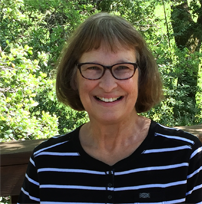
Mary Ann Burke, Ed.D., Digital Education Expert, is a substitute distance learning teacher for Oak Grove School District in San Jose, California and the author of STUDENT-ENGAGED ASSESSMENT: Strategies to Empower All Learners (Rowman & Littlefield: 2020). Dr. Burke creates digital language arts and substitute teaching K – 12 activities for teachers and parents. She is the Cofounder of the Genparenting.com blog. Burke is the former Director II of Categorical & Special Projects for the Santa Clara County Office of Education that supports 31 school districts serving 272,321 students in Santa Clara County. She is also a previous Director – State & Federal Compliance for Oakland Unified School District, the former Director – Grantwriter for the Compton Unified School District, and was the initial VISTA Director for the Community Partnership Coalition in southern California. Much of her work focuses on creating innovative digital trainings and partnership programs for teachers and families to support students’ learning. These programs were featured as a best practice at a National Title I Conference, California’s Title I Conferences, AERA Conferences, an ASCD Conference, the NASSP Conference, and statewide educator conferences.
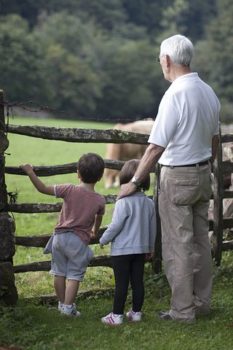 Becoming a School Leader
Becoming a School Leader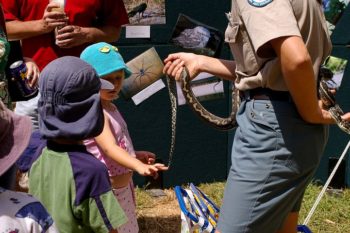 Academic Learning in Home-Based Activities
Academic Learning in Home-Based Activities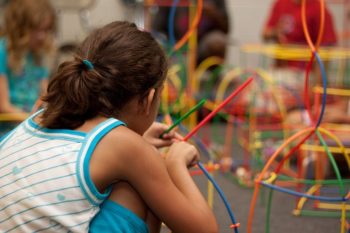 How to Form School Partnerships – Part 2
How to Form School Partnerships – Part 2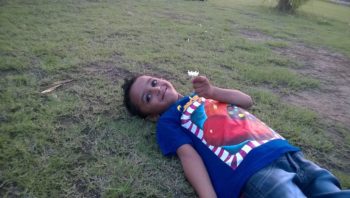 Partner With Your Children’s School
Partner With Your Children’s School